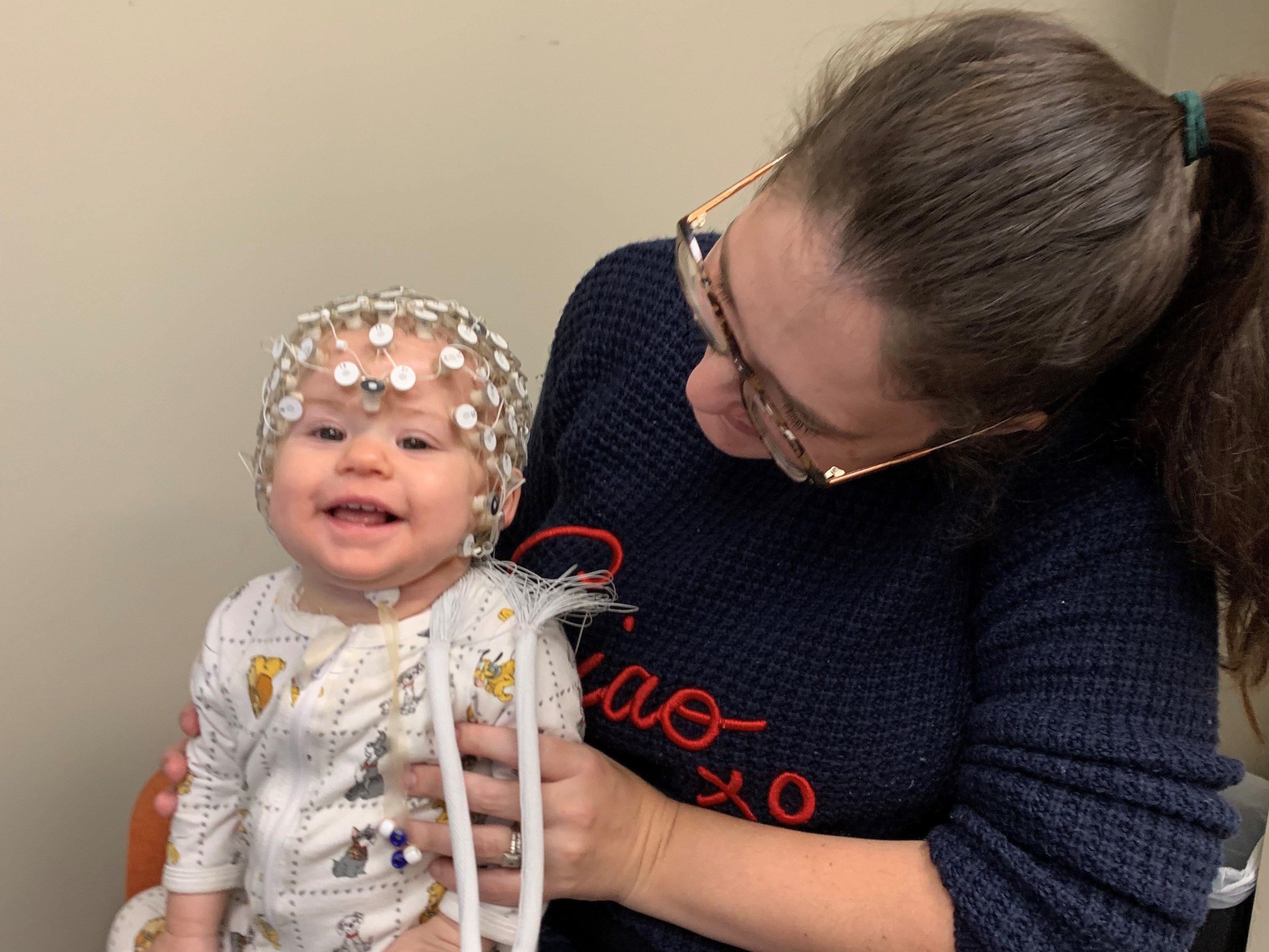Search
Showing results for "Au"
Research
Trends in sugar supply and consumption in Australia: is there an Australian Paradox?High consumption of refined carbohydrate, in particular sugar, has been identified as a possible contributory factor in greater risk of excess weight gain.
Research
Rare childhood cancers—an increasing entity requiring the need for global consensus and collaborationRare childhood cancers have not benefited to the same extent from the gains that have been made for their frequently occurring counterparts.
Research
Genetic Research and Aboriginal and Torres Strait Islander AustraliansHuman genetic research promises to deliver a range of health benefits to the population. Here we consider how the different levels of Indigenous research...
Research
The phenotype associated with a large deletion on MECP2Multiplex ligation-dependent Probe Amplification (MLPA) has become available for the detection of a large deletion on the MECP2 gene.

Brain and behaviour research encompasses a child's learning, development and mental health - and the impact and development of conditions like cerebral palsy, autism and intellectual disability.
Research
Multigenerational Familial and Environmental Risk for Autism (MINERvA) NetworkEmma Helen Glasson Leonard BPsych BSc (Hons) PhD MBChB MPH Senior Research Fellow Principal Research Fellow +61 419 956 946 emma.glasson@
Research
Harmonizing Surveillance Methodologies for Group A Streptococcal DiseasesGroup A Streptococcus (Strep A) is responsible for a significant global health and economic burden. The recent prioritization of Strep A vaccine development by the World Health Organization has prompted global research activities and collaborations. To progress this prioritization, establishment of robust surveillance for Strep A to generate updated regional disease burden estimates and to establish platforms for future impact evaluation is essential.
Research
Language in Little Ones (LiLO)The Language in Little Ones (LiLO) study is a five-year longitudinal study (2017-2021), funded through the National Health and Medical Research Council. The study investigates the quantity and quality of language exposure in the home environment during the first five years of a child’s life.
Research
Precision-guided treatment in high-risk pediatric cancersRecent research showed that precision medicine can identify new treatment strategies for patients with childhood cancers. However, it is unclear which patients will benefit most from precision-guided treatment.
Research
Fetal Alcohol Spectrum Disorder (FASD): Knowledge, attitudes, experiences and practices of the Western Australian youth custodial workforceThis study aims to establish the current knowledge, attitudes, experiences and practices regarding FASD and other neurodevelopmental impairments among youth custodial officers
